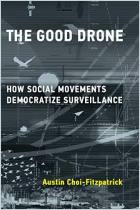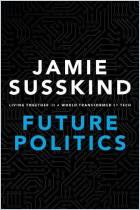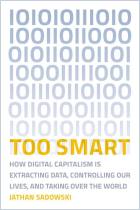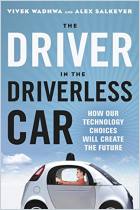Do drones make you think of missiles and war? If so, think again, says social scientist Austin Choi-Fitzpatrick. Drones democratize airspace. The author surveys civil society’s use of drones, which range from sampling the mucus of whales to putting graffiti in previously inaccessible places to surveilling the rich and powerful. If you follow Choi-Fitzpatrick’s gracious advice to skip his overly academic sections, you will encounter compelling examples that will lead you to ponder the consequences of affordable “unmanned aircraft.”
Material technologies are worthy of social scientists’ attention.
In 2014, activists – Austin Choi-Fitzpatrick among them – flew a camera-equipped drone over a protest in Budapest, Hungary. Members of the crowd pointed their phones’ lights at the drone. An iconic photograph of this moment made the front page of The New York Times. The drone recorded the image and made it possible.
Social scientists often regard new devices as weapons or threats to civil liberties. But social movements and activists use tools and technologies, from barricades and the printing press to mobile devices and the internet. The function of these tools is to collect and disseminate information. At other times, tools make it too costly for those in power to maintain the status quo. The social scientist Charles Tilly has called the strategies and tactics that people use to influence society a “repertoire.” You can also apply this term to material objects and their associated techniques.
Activists must choose and use repertoires to be effective and establish trust. According to political scientist Langdon Winner, decisions about the adoption of technology are political. They...



















Comment on this summary or Iniciar a Discussão